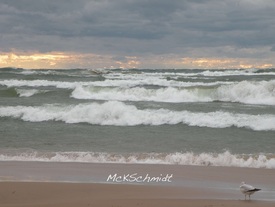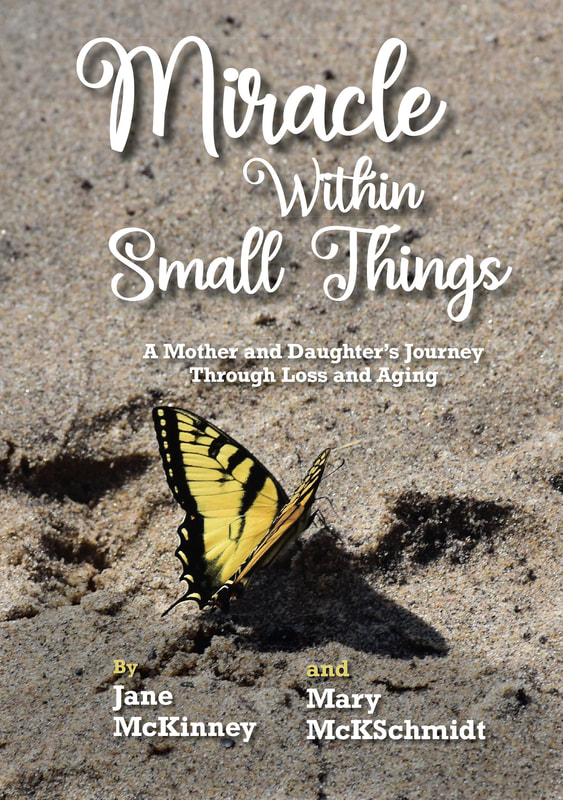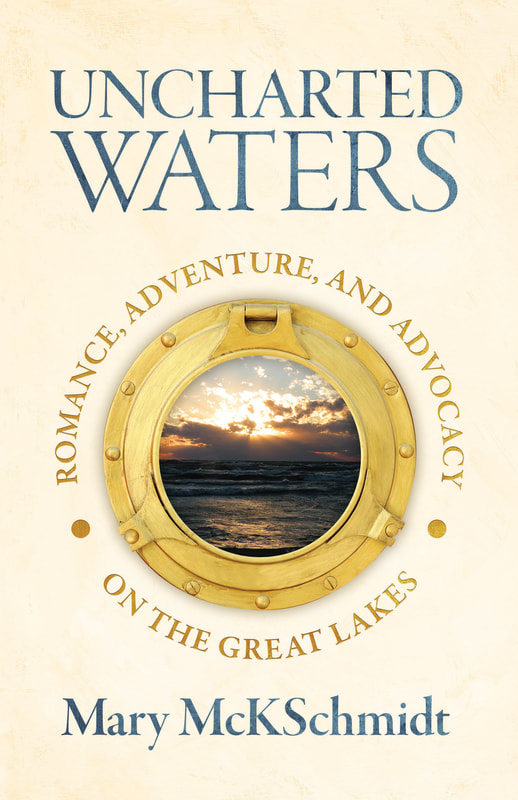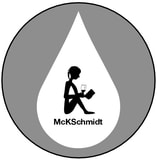 I stand before Lake Michigan listening to the roar of waves crashing wildly against the sand. It has been days since she was calm, as if she knows of the recent recommendation made by the U.S. House of Representatives Subcommittee to slash the funding for the Great Lakes cleanup by 80%. As if she knows her future is in peril. I remember several hundred people crowding the pews of the Fountain Street Church in Grand Rapids in 2005 to listen to the recommendations of the Great Lakes Regional Collaboration. The collaboration consisted of scientists, engineers, business leaders, tribes, and government agencies commissioned by President George W. Bush to assess the Great Lakes, one of the country’s national treasures. “The ecosystem of the Great Lakes is at a tipping point,” a scientist explained. “If steps are not taken immediately, damage to twenty percent of the world’s fresh surface water could be irreversible.” My eyes wandered upwards, drawn by the eleven stained-glass windows reflecting the waning light of evening skies. The terminology was unfamiliar but the message clear. The influx of aquatic invasive species, the frequency of sewage overflows, toxic pollutants such as mercury, PCBs and pesticides in nearby soils, the loss of wetlands and other coastal habitat, the absence of consistent reporting methodology, and the lack of sustainable approaches to development have placed the Great Lakes ecosystem in grave danger. “We have created a comprehensive plan to reverse the decline,” one of the presenters continued. “But its implementation requires legislative prioritization and federal, state, and local funding.” Quietly retracing my steps to the entrance of the church I filled out a card, adding my name to the list of those wishing to speak. I could not remain silent. “My husband and I are newcomers to western Michigan,” I explained when my name was called and I threaded my way to the podium edging the giant stage. “We moved here from Nashville three months ago. Our neighbors in Tennessee thought we were crazy. ‘People don’t move north for the second half of their lives,’ we were told repeatedly.” I heard people chuckling in the audience. “My husband and I have travelled extensively and were fortunate to be in a position we could live anywhere. We opted to move to Michigan because of the Great Lakes. We have lived in communities where fresh water is scarce, where summer droughts limit water availability. And while we can live without many things, clean, fresh water is not one of them.” Despite bipartisan support, the $20 billion price tag for cleanup derailed legislative support until 2009 when $475 million per year for four years was approved to begin the process. Budget cuts dropped it to $300 million. The Subcommittee’s recommendation reduces the funding to $60 million and eliminates low-interest loans for municipalities upgrading outdated sewage treatment facilities. The recommendation goes to the Appropriations Committee and then Congress for a decision. Unseasonably chilly winds whip across the dunes and the sky is layered with billowing shades of ominous gray. It feels appropriate. I alternate between despair and cynicism. Fresh water is the scarcest resource on the planet. The Great Lakes provide one of the largest regions in the United States with drinking water. They offer a differentiating resource essential to the economic backbone of eight states and provide a unique quality of life for residents, vacationers, and those being recruited to assist in efforts to reinvent the historically industrial region. It should be obvious. Again, I cannot remain silent. While I do not want to leave future generations with an enormous federal debt, it is worse to deprive them access to clean, fresh water. Our elected officials work for us. We set the priorities. We provide the political will. The future of 20% of the world’s fresh surface water is at stake. We can live without many things, clean fresh water is not one of them. Please add your voice to mine and ask your representative to continue funding the Great Lakes Restoration Initiative. To contact your representative, type in your zip code at http://www.house.gov. The site will immediately prompt for your address and provide a space in which to leave a comment. Thank you for taking a moment to get involved. If you are on Facebook, please "like" or "share" this story with your friends to help spread the message. Visit http://www.facebook.com/mary.mckschmidt
3 Comments
Mary Ellen Miller
7/31/2013 03:35:47 am
Thanks, Mary, for providing us with a path to concrete action. Your characterization of the roiling waters as the Lake's personal reaction to her peril was so beautifully effective. Thanks for being there to hear her voice and translate her message to us.
Reply
Lynn Smith
7/31/2013 04:02:58 am
We live in an age when extremist politicians foster a climate of malign neglect. They don't want smaller government, they want zero government. Thank YOU, Mary, for not taking your eyes off this vitally important issue, and for not neglecting the water. I'm grateful.
Reply
Mary voss
7/31/2013 04:01:04 pm
It was so nice meeting and chatting with you at the Douglas Social. Love your sweet little wild flower book.
Reply
Leave a Reply. |
From briefcase to pen, paper and camera, one woman's journey to influence
how we care for the environment, our seniors, each other. Available
from your local bookstore or online retailer 
The Ideal Gift Tiny Treasures, a collection of wildflower photographs and poetic prose, available by contacting me. The 2nd Edition of Tiny Treasures is designed for use on PCs, tablets, and phones and is available at online stores. To learn more, click on the Ibook/Ebook button below:
|



 RSS Feed
RSS Feed
